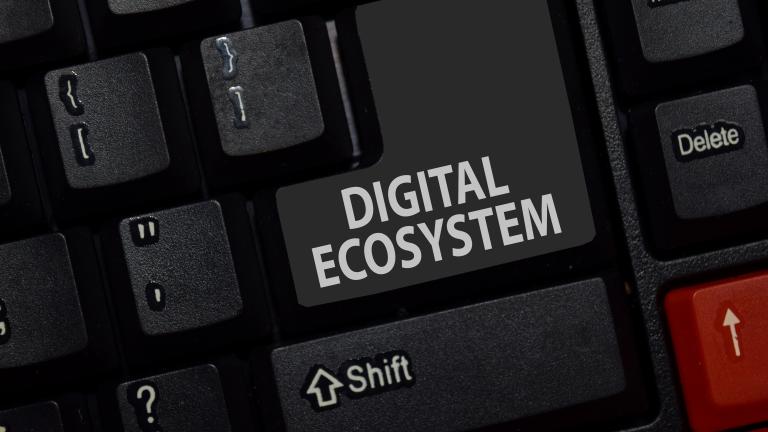
ECOANTITRUST is a transdisciplinary initiative aiming to offer valuable perspectives and insights for effective transformation of BRICS competition policy and regulation toward cultivating diverse and competitive digital economies and foster digital innovations in the best interests of societies.
The fast-paced emergence of BRICS economies has coincided with the proliferation of digital innovations and the subsequent successes of the digital platforms and ecosystems. Digital innovations, on the one hand, have played a beneficial role in facilitating technologies, connectivity, and enterprise in these countries. However, there remains a delay in the preparedness of BRICS competition policies and practices to address the highly dynamic nature of digital markets and their players. This often limits how such economies and societies can best advantage from digital industries to enhance domestic economic priorities and social well-being of their own citizens.
In this vein, the ECOANTITRUST initiative has sought to advance a holistic, systems-based understanding of the digital economy with a specific focus on BRICS countries since 2020. The initiative derives approaches from the complex adaptive systems theories, drawing inspiration from ecology and natural ecosystems, to understand the complex interconnections of global players in the digital economy. In doing so, it challenges conventional antitrust perceptions by employing a pluralistic approach befitting to the current needs of BRICS economies and elsewhere in the context of evolving nature of digital markets. ECOANTITRUST thus operates at the forefront of science to policy, engaging an interdisciplinary team of academics with competition policy experts who together provide a system driven approach to informing competition policies for the enhancement of the BRICS digital landscape.
Projects
Rovenskaya, E. & Ivanov, A. (2021). Προς ένα Οικο-λογικό Αντιμονοπωλιακό Δίκαιο (Towards Eco-Logical Antitrust) (in Greek). In: Έκθεση Πεπραγμένων του 2021. pp. 36-40 Athens, Greece: Επιτροπή Ανταγωνισμού.
Rovenskaya, E. , Ivanov, A., Boza, G. , Scharler, U., & Hathiari, S. (2022). Ecology to the Rescue! Unravelling the complexities of the digital economy. In: Systems Analysis for Reducing Footprints and Enhancing Resilience, 16-17 November, 2022, Vienna, Austria.
Erokhin, D., Yosipof, A., & Komendantova, N (2022). Conspiracy Theories Discussion in Social Media. In: SECAT 2022 - Scientific Expertise, Communication and Trust, 27-28 September 2022, Aarhus, Denmark.
Rovenskaya, E. (2023). Social media and platforms as a new source of data for understanding societies and humans. In: Third Digital Day: At the Roots of Digitalisation, 10-11 March 2023, University of Florence, Italy.
Rovenskaya, E. , Ivanov, A., Hathiari, S., Kotova, D., Sharler, U., & Boza, G. (2024). An Ecological Perspective to Master the Complexities of the Digital Economy. Research Square Preprint 10.21203/rs.3.rs-3552451/v1.
News

26 September 2024
Regulating Artificial Intelligence: From BRICS to Beyond

26 June 2024
BRICS perspectives on innovations in digital competition policy and practices

01 February 2024
Putting theory into practice: Regulating digital ecosystems based on insights from ecology
Pagination
- Page 1
- Next page Next ›


